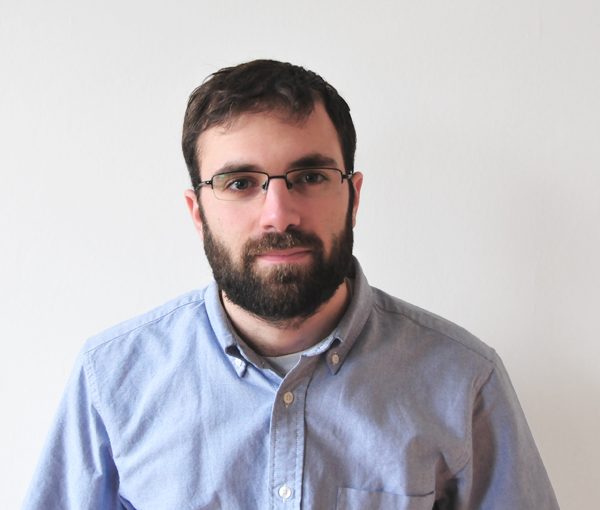Patrick Fry is a London-based independent designer and art director. He has worked for clients such as Paul Smith, Nike, the BBC and Shakespeare’s Globe across print, branding and digital design.
Why clients aren’t idiots... Collaboration is so important in those early stages, and designers often forget that great ideas can come from the client. It's fantastic when a client can lay all their thoughts and references down on the table and then let you get on with it; it’s just so important that they are willing to forget about those references when the project moves forward. The client needs to feel a sense of authorship, not from a setting a strict brief, but from being involved in the entire process.
I seem to hear a lot of negativity from other designers about their clients; there's a common belief that clients are idiots, and designers know what really works. But when you are creating for an audience, every opinion matters. Sometimes it's our job just to listen. And it's not just clients, great ideas can come from anyone involved in the process.
The best way to challenge a brief... The brief should always be something you work on together, it's the first stage of collaboration and sets the pace for the rest of your work. It's our job to challenge and rewrite the brief, which I do through basic fact finding. Knowing about your client's underlying motives can be great; not just what they want, but why.
I try to get hold of all the information available, and then condense it down to something more manageable. That usually involves just asking as many questions as you can think up. I don't necessarily just want to talk about the brief itself, but why it was set? What's the real problem with the current work, or why are they really obsessed with a particular colour? Sometimes the end goal isn't just to create what has been asked for, but to examine the problem and set a new brief.
On remaining open-minded... Structure is so important here, as without renewed purpose in each presentation you can end up going in circles. This really depends on the project, but I aim for quite a formal pitch of the new work, followed by a more informal chat. That said, things should stay open and relaxed until you approach the end phase of the work. You never know what you might end up finding half way through the project.
On the importance of being silly... When you can quickly get past all the boring stuff like money and timing in an honest and straight up way, you know you're on to something good. It's also really important that you can both relax and laugh about the work - nothing good comes from two uptight people boring each other. I hope to enjoy the process and throw silly ideas around, safe in the knowledge that both of us are capable of getting serious when the time is right.
Really it's just like getting to know anyone, we're just two (or more) humans working together, at the end of the day. You just know whether you're going to get on or not. It's fairly instinctive.
